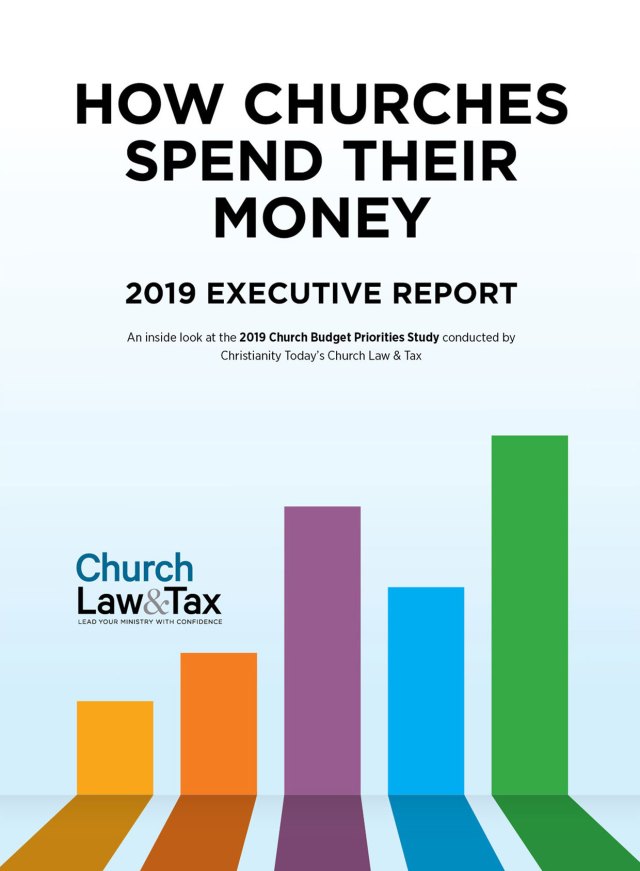The workweek is a fixed and regular recurring period of 168 hours—seven consecutive 24- hour periods. The workweek is established by the employer and need not be the same as a calendar week. A workweek may be established for all employees or different workweeks may be established for different employees or groups of employees. Once an employee’s workweek is established, it remains fixed, and may only be changed if the change is intended to be permanent and is not designed to evade the overtime provisions of the FLSA. Further, each workweek stands alone and averaging of hours over two or more weeks is not permitted. This is true whether an employee works on a standard or swing-shift schedule. Therefore, hours worked and compensation earned must be determined on a workweek basis. Though compensation due an employee must normally be paid at the time of the employee’s regular pay period, the Wage and Hour Division has no objection if an employer pays in advance the compensation that the employee will be due in a subsequent pay period by including all hours worked in a single shift in the workweek in which that shift began. However, employees must always be paid time and one-half their regular rate of pay for each hour actually worked over 40 hours in the workweek and the employer must not manipulate the schedule in order to avoid the overtime pay requirement of the FLSA.
Q&A: Do We Have to Pay Overtime?
The Fair Labor Standards Act does not allow averaging of hours over two or more weeks.




